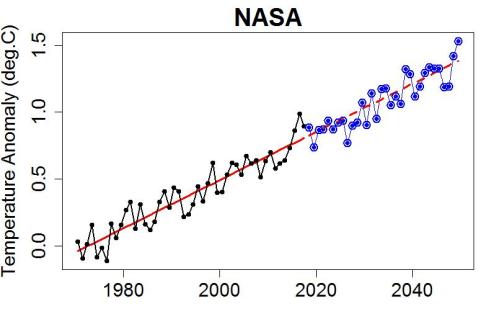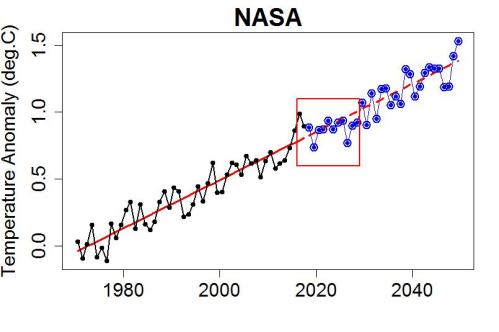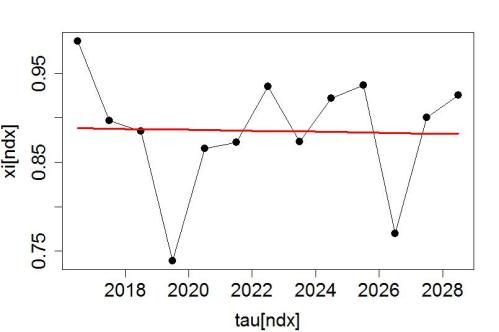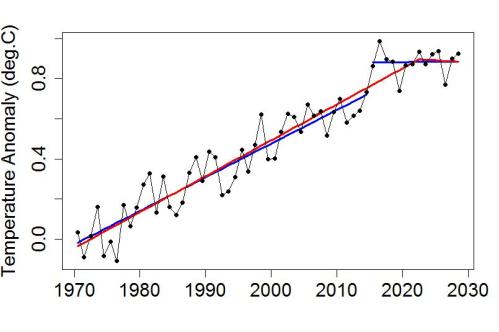SSDD
Gold Member
- Nov 6, 2012
- 16,672
- 1,965
- 280
Listen up crybaby:Red herring. There have been many studies using different methods, and all arrive at the fact that there is an overwhelming consensus.That's deep, Toddster.I'll add that to the already huge list of things you have no idea about.
Yes, so was the proof of 97% consensus, using only 77 scientists.
But carry on....it will keep you busy and out of the way....
I find it amusing that YOU are making thumper statement out of ignorance.
Care to show what the IPCC per decade warming rate is?
Consensus is a fallacy, useful in politics worthless in science research which lives on reproducible research.
Just make your point. Then, please point us to your published scientific articles.
Thank you.
How many published articles presenting the consensus view on all manner of scientific topics would you like to see that turned out to be completely wrong? The fact is that damned near every consensus view on any scientific topic you care to name has been wrong at some point along our search for knowledge. What, exactly makes you think that the anthropogenic global warming hypothesis is the exception and came forth completely right with no need for further examination?





